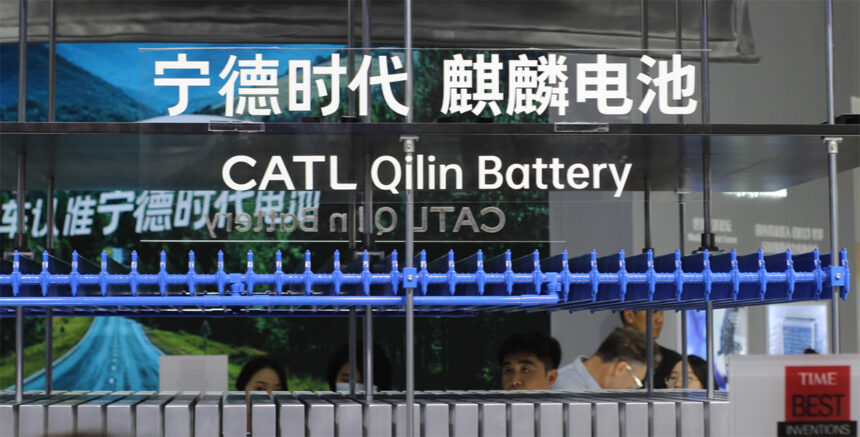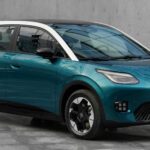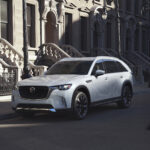CATL, the world’s largest battery maker, is considering building a plant in the US if President-elect Donald Trump opens the door to Chinese investment in the country’s electric vehicle (EV) supply chain. This comes as Trump has expressed interest in incentivizing Chinese automakers to produce cars in the US rather than importing them.
In a recent interview with Reuters, CATL’s chairman, Robin Zeng, expressed his openness to investing in the US if the government allows it. Despite previous restrictions on Chinese investment in the US, Zeng remains hopeful that the current administration will be more welcoming to foreign investments in the EV sector.
The prospect of a US expansion for CATL is driven by the company’s desire to tap into the American market and overcome challenges such as not qualifying for consumer EV subsidies and facing tariffs on Chinese EV exports. Currently, CATL has limited its presence in the US to battery production license agreements with automakers like Ford and Tesla.
Ford, for example, is set to open a plant in Michigan to produce lithium phosphate batteries for its electric vehicles under a licensing agreement with CATL. Similarly, Tesla has a licensing agreement with CATL to produce batteries in Nevada, with operations expected to begin in 2025.
CATL’s batteries are not only used by Tesla but also by other EV makers such as Nio, Li Auto, and Xiaomi. The company’s dominance in the EV battery market is evident, with a market share of 36.7 percent in the January-September period, making it the leading battery supplier globally.
In a strategic move to expand its battery technology portfolio, CATL has also been focusing on all-solid-state batteries, with reports suggesting that the company has begun sample validation for this technology. This underscores CATL’s commitment to innovation and staying ahead in the rapidly evolving EV industry.
With the potential for a US plant on the horizon and ongoing developments in battery technology, CATL is poised to further solidify its position as a key player in the global EV supply chain. As the company continues to push boundaries and explore new opportunities, its partnership with US automakers could pave the way for a mutually beneficial collaboration in the EV market.





